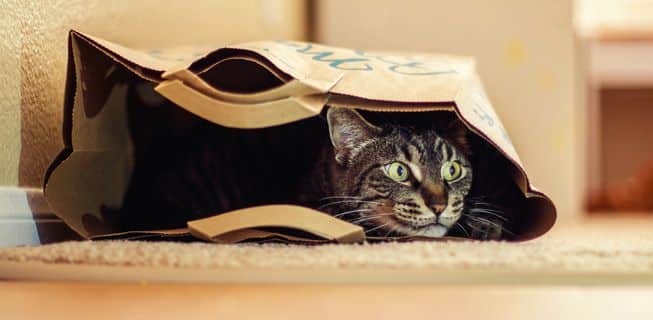
the staff of the Ridgewood blog
Ridgewood NJ, looks like Ridgewood’s plastic bag ban is nothing more than “Virtue Signaling “at its worst and in reality make the pollution issue even worse.
In 2011, the UK’s Environment Agency published an earlier-drafted life cycle assessment of supermarket carrier bags. The aim: establishing both the environmental impact of different carrier bags which are in use and their reuse practice. The intention was to inform public policymakers about the impact that a crackdown on plastic bags could possibly have. Needless to say, politicians had little concern for the actual assessment the report presented.
In a section the report calls “global warming potential” (GWP), the agency assessed the environmental impact according to abiotic depletion (the disposal of products produced by crude oil), acidification (impact on soil, freshwater bodies, and the oceans), eutrophication (nutrients contained in water), human toxicity, freshwater aquatic ecotoxicity, marine aquatic ecotoxicity, terrestrial ecotoxicity, and photochemical oxidation (air pollution). These impact categories were also aligned with the GWP assessment of the 2007 IPCC report on climate change.
The researchers then looked at the number of times that a bag would need to be reused in order to have the same environmental impact as the conventional HDPE (High-density polyethylene) bag that people are used to. They reach the following conclusion:
“In round numbers these are: paper bag – 4 times, LDPE bag – 5 times, non-woven PP bag – 14 times and the cotton bag – 173 times.”
The attentive reader will now ask the correct deductive question: so what are the reuse levels that we experience in practice? Or: do people’s behavior reflect the environmental impact of shopping bags accordingly?
The report used two Australian studies that state the following life expectancy for the carrier bags mentioned earlier: paper bags (kraft paper) were found to be single use, LDPE (low-density polyethylene) between 10 and 12 times, while non-woven PP (polypropylene) bags weren’t included (only woven HDPE bags had their life expectancy included), and cotton bags had 52 trips on average.
These findings may be an approximation, but even if we informed the public and doubled the reuse of alternative carrier bags, then paper and cotton bags wouldn’t even break even. In fact, many countries with a lower inclination to reuse bags would have an immense backlog on this issue. LDPE bags over-performed in reuse to GWP-ratio, however, most plastic bag taxes and bans include LDPE bags as well, which makes the policy all the more ineffective. The same could happen to woven HDPE swag bags, which also perform well in this ratio, yet swiftly fall under the ban because they are made from the same composition as the classic single-use plastic bag.
It could be that non-woven PP bags are indeed the better alternative, but, even if they are, we are looking at a heavy bag which needs an intense behavioral shift and large usage to be effective. Until that is achieved, years could go by in which consumers use bags which have a worse environmental impact than if they just reused a single-use plastic bag each time.



This town is run by and populated by many morons.
.
What happened to saving the trees/earth/environment?
Now its OK to “kill trees” by using paper bags???
.
Reusable bags are great too since we have have rolled back the science of germs and cross-contamination of food products.
.
What a bunch of idiots.
.